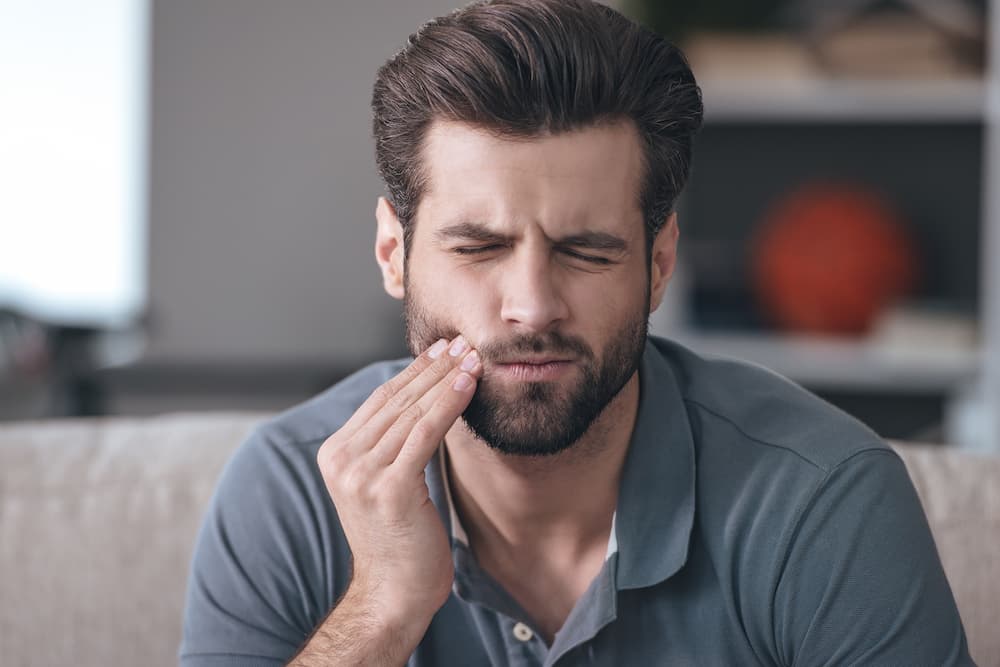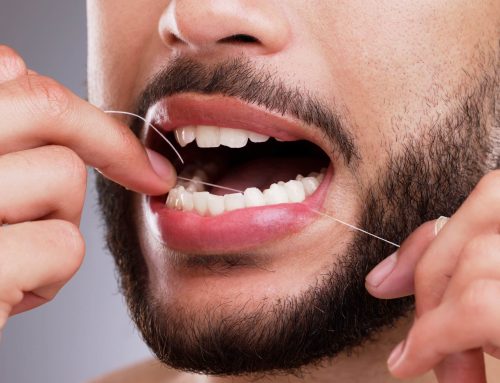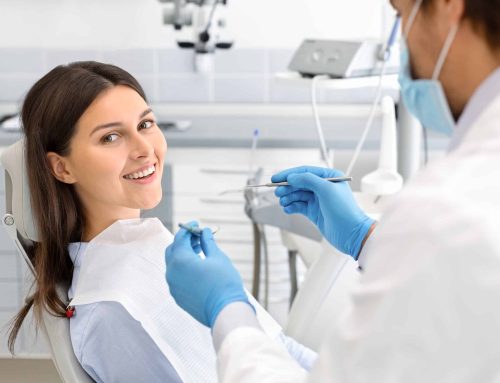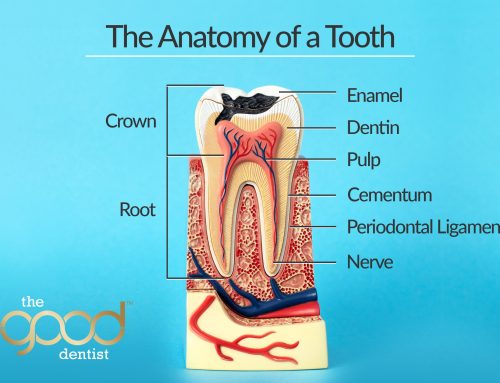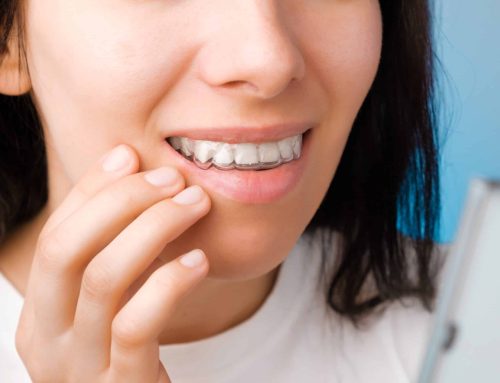Bruxism is the medical term for teeth grinding. It is also known as gnawing, clenching, and gnashing teeth. Unfortunately, it often goes undiagnosed because it usually occurs during sleep or is an involuntary behaviour.
The effects of bruxism are quite serious and present as jaw pain, headaches, earaches, and fatigue because of increased facial pressure, such as TMJ (Temporomandibular Joint Syndrome.) You can also risk developing worn tooth enamel, cracked teeth, and damaging your jaw joints.
Fortunately, the symptoms of bruxism are usually temporary if you seek proper treatment.
Symptoms of Bruxism
Bruxism causes your teeth to wear down. Teeth grinding may be responsible for worn tooth enamel, cracked teeth, gum recession, and may also lead to jaw alignment issues.
Bruxism causes TMJ (temporomandibular joint disorder), which causes your jaw to hurt or ache when you chew, clench your teeth, or grind them. Whistling sounds are common in people with TMJ as well as noises or clicking from your jaw joint.
Bruxism can also cause chronic headaches caused by stress on the facial muscles that control chewing and biting motions, although these symptoms usually go away once a person stops grinding their teeth at night.
What Causes Bruxism?
Bruxism may not easily be diagnosed because it is often an unconscious behaviour in response to stressors in your life. Do you wake up with pain or stiffness in your jaw when you open and close your mouth? Do your teeth feel loose? Is there tension in your head? You may have bruxism.
Bruxism is often associated with stress and anxiety. If you’re feeling stressed or anxious, your teeth grinding at night may be related. Bruxism can also occur during bouts of insomnia, which is another common condition among those who grind their teeth in their sleep.
Some of the most common reasons people grind their teeth include the following:
- Stress, anxiety, or depression
- Alcohol and drug use
- Poor sleep health (sleep deprivation, snoring, sleep apnoea)
- Medications (some antidepressants)
- Infections and diseases
If you suspect that you’re grinding your teeth at night or throughout the day, there are some tests your dentist can perform to determine whether or not you are actually experiencing this problem. This can help guide them toward an appropriate course of treatment for reducing or eliminating the pain associated with bruxism.
Bruxism Treatment
If you suffer from grinding teeth there are a variety of bruxism treatment options that can help.
A bite guard is a thin plastic device worn over the teeth at night to protect them from grinding or clenching your jaw during sleep. It works by preventing the two sides of the jaw from coming together and grinding the teeth into each other. This can prevent tooth wear and protect against damage caused by clenching or grinding.
A nightguard or splint is made out of strong acrylic and protects your teeth from biting. The nightguard is used to protect your teeth from grinding. It can take some time for you to get used to it, but it’s important that you wear one every night. The splint will stay in place while you sleep and prevent your teeth from coming into contact with each other.
Muscle relaxants may help reduce the symptoms of bruxism prior to sleep, but they are recommended for temporary use only and need to be prescribed by a medical professional.
Consult Your Dentist
If you experience bruxism it’s important to get checked out by your dentist. They are best positioned to diagnose your symptoms and will work with you and come up with a plan for treatment based on the severity and frequency of symptoms. The sooner you address your bruxism, the sooner you will be pain free.


